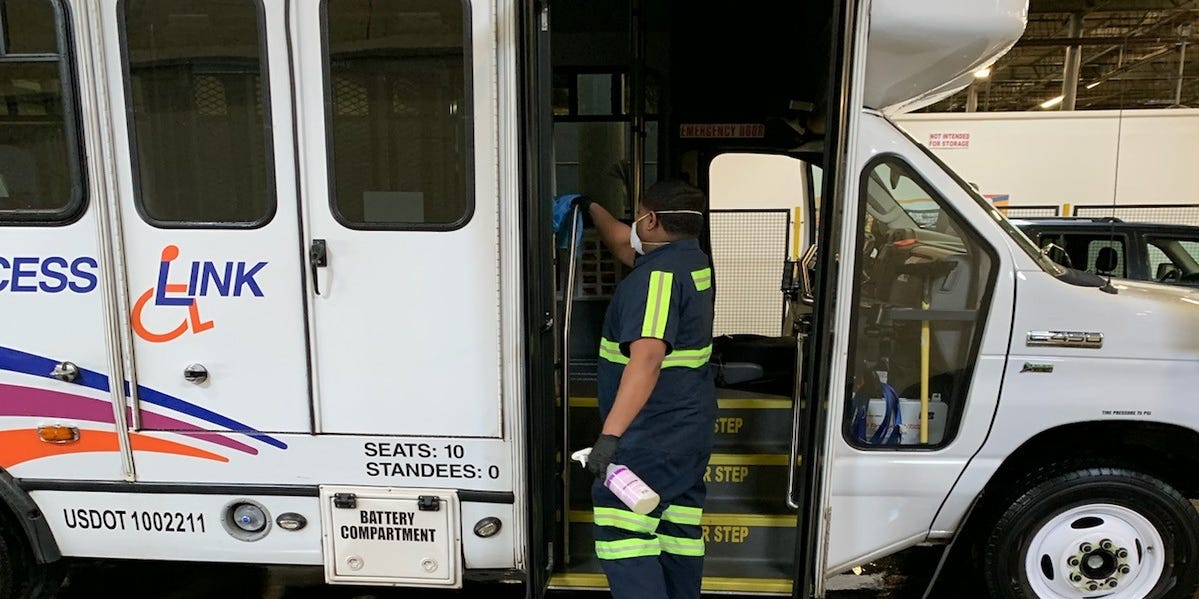Breaking: NJ Transit Revolutionizes Mobility with Expanded Ride-Share Options for Disabled Commuters

New Jersey is expanding transportation accessibility with an innovative program that will now allow taxi, limousine, and transportation network companies like Uber and Lyft to participate in NJ Transit's wheelchair-friendly services. This groundbreaking initiative aims to provide more comprehensive and inclusive transportation options for individuals with mobility challenges.
The program is designed to break down barriers and ensure that people who use wheelchairs have greater freedom and flexibility in their travel choices. By broadening the range of participating transportation providers, NJ Transit is creating more opportunities for seamless, accessible transportation across the state.
Passengers who rely on wheelchairs will now have an expanded network of transportation options, making it easier to navigate daily life, attend appointments, and maintain independence. This inclusive approach demonstrates New Jersey's commitment to supporting the mobility needs of all its residents, regardless of physical limitations.
The collaboration between traditional transit services and modern ride-sharing platforms represents a significant step forward in creating a more accessible and equitable transportation system for everyone.
